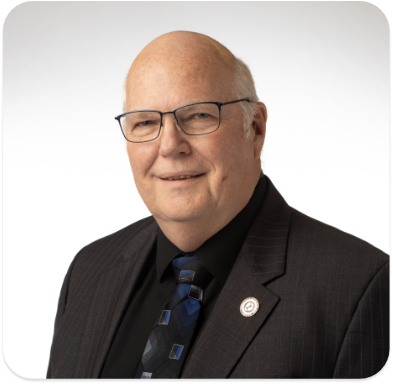Program Overview
Saybrook University's online M.S. in Sport Performance Psychology program offers an in-depth exploration of sport psychology and psychophysiology, two interconnected fields that examine the relationship between mental and physical performance. Through practical training in biofeedback, optimal functioning, and athletic counseling, you'll develop the skills to design and implement strategies that enhance the performance of individual athletes, teams, and high-stress organizations.
Career Outlook
Graduates of the M.S. in Sport Performance Psychology program are prepared for careers in various fields, including:
- Professional Sports: Help athletes improve performance through mental skills training and psychophysiological techniques.
- Youth Sports: Support young athletes in building mental resilience and developing performance strategies.
- Performing Arts: Apply psychological principles to enhance peak performance in artists and performers.
- Military and Government Agencies: Design and implement performance enhancement programs for personnel in high-stress roles.
- Exercise, Health, and Wellness Centers: Foster well-being and performance improvement among clients.
- Private Consulting: Provide expert services to individuals and organizations focused on achieving performance goals.
This degree is a strong foundation for those considering further doctoral studies in applied psychophysiology.
Connect with Us
Saybrook Learning Model
Online learning fueled by community and connection defines the Saybrook experience. As pioneers of the virtual classroom, we understand there is no substitute for the joy, belonging, and exploration that occurs when we collaborate as a community. The University Learning Experiences were designed to foster this collaboration and connection regularly.
- Residential Learning Experiences (RLE)
At these in-person intensives, clinical program students put theory into practice, hone clinical skills, gain professional guidance from experienced faculty, and acquire the residential hours required for clinical licensure. - Virtual Learning Experience (VLE)
Explore, collaborate, and deepen your engagement with your learning community. These online, synchronous events foster rich interactions beyond the classroom with your classmates and faculty. - Community Learning Experience (CLE)
Form meaningful connections, explore new ideas and perspectives, and immerse yourself in a transformative experience during this in-person, five-day event with the entire Saybrook University community.

Faculty
Saybrook’s Sport Performance Psychology faculty are practitioner-scholars dedicated to advancing their field through continued practice and comprehensive instruction. Meet some of our faculty members below.

Eric Willmarth, Ph.D.
- President, Michigan Society for Clinical Hypnosis
- Past President, Society for Psychological Hypnosis
- Past President, American Society for Clinical Hypnosis
- Past President, Society for Clinical and Experimental Hypnosis